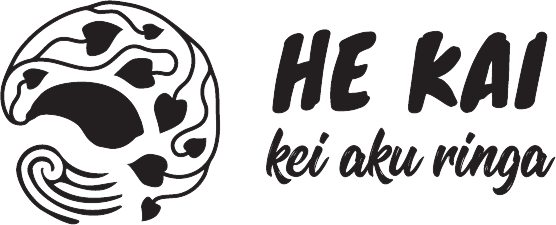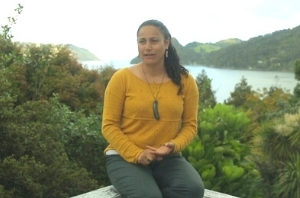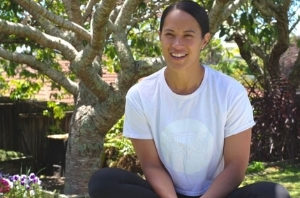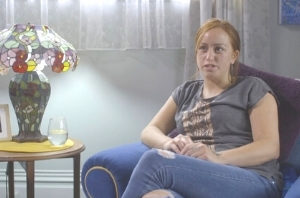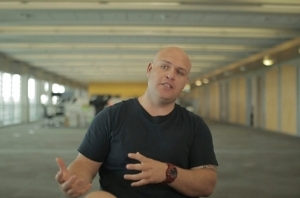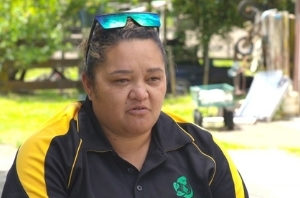FIVE-Part Film Series
Ngā Kiriata
Our five-part short film series explores the broad ways in which whānau understand and engage with Māori food systems, and how these understandings influence their everyday kai practice.
Our goal is to share the stories of our whānau far and wide so they can affirm and support you and others to continue on your own journeys towards being in better relationships with our kai (and all that that entails).

